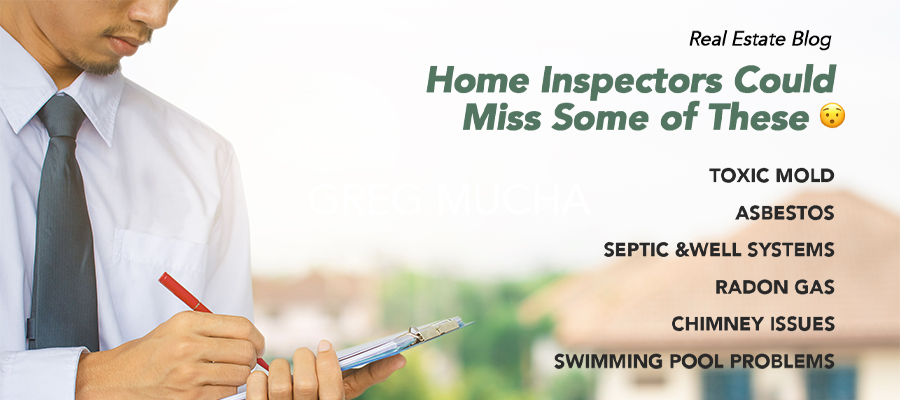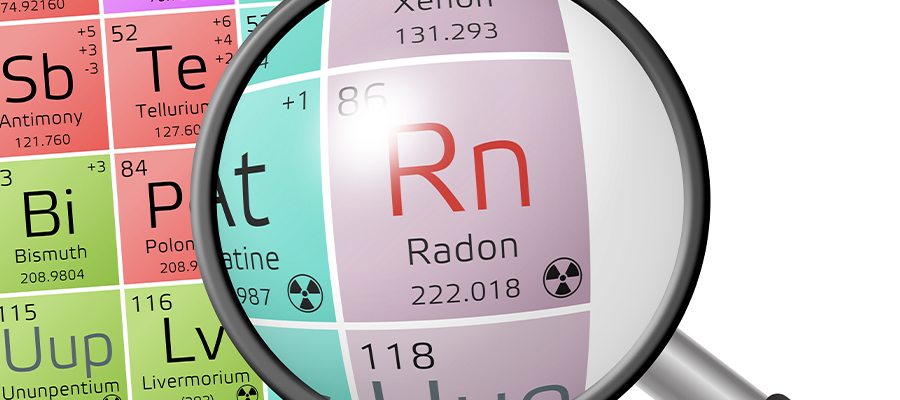
Home inspectors are trained to check just about anything in a home which could cause a potential problem for a new homeowner; however, they don’t have the ability to see behind walls and underneath floors or the time to tear apart an entire home apart to find every potential issue. Here are some of the more common problems that they're most likely to miss.
Pests and Rodents
Home inspectors will look for pests and rodent evidence, but if the evidence of infestation isn’t widespread, obvious or is hidden, they most likely won’t catch it.
Lead Paint
Most Home Inspectors won’t take paint samples to check the lead levels.
Toxic Mold
Inspectors look for signs of mold, but if the mold is hidden inside the walls, there’s a good chance they won’t locate it.
Malfunctioning Appliances
The inspector will check these to be sure they turn on and off and properly drain, but there’s much they could miss in when it comes to these items.
Floor Cracks Under Carpeting
Foundation problems, including cracking cement, could be missed unless the inspector receives special permission to lift up and look under carpeting and padding.
Asbestos
Asbestos products are somewhat easy for a Home Inspector to locate if they're left exposed in an older home or building's basement and/or attic. But if not left exposed in theses areas, the Inspector may miss them in the remainder of the home.

Radon Gas
A colorless, tasteless and odorless gas, Radon can cause lung cancer. A Home Inspectors must specifically test for Radon Gas or it will not be located.
Swimming Pool Problems
Beware- A pool inspection is not part of the home inspection package in many markets.
HVAC Problems
Both of these systems are common for an inspector to review thoroughly. But know that if it’s very hot or very cold outside, a thorough testing may be difficult.
Leaky Roof
Roof leaks are another common problem for inspectors to spend time detecting. Home inspectors try as hard as possible to search for signs of roof leaks, but depending on the height and/or pitch of the roof, this can be challenging.
Septic and Well Systems
Again, beware- In some areas, this is a “specialized inspection” which you’ll need to order to have it specifically addressed to be sure they’re functioning properly.
Chimney Issues
Most inspectors are able to do only a cursory inspection looking for cracks and checking the flue. This is far from an in-depth method to locate potential problems.
Radiation
Radiation, which is harmful to your health can be generated by water, electromagnetic exposure as well as other sources.
Damaged Sewer Lines
If during the inspection process it’s noted that a sewer line is partially damaged or blocked but still functioning, the inspector may not notice the larger issue.
Grading Problems
If not diverting water away from the home’s foundation, the soil grading can cause significant issues.





